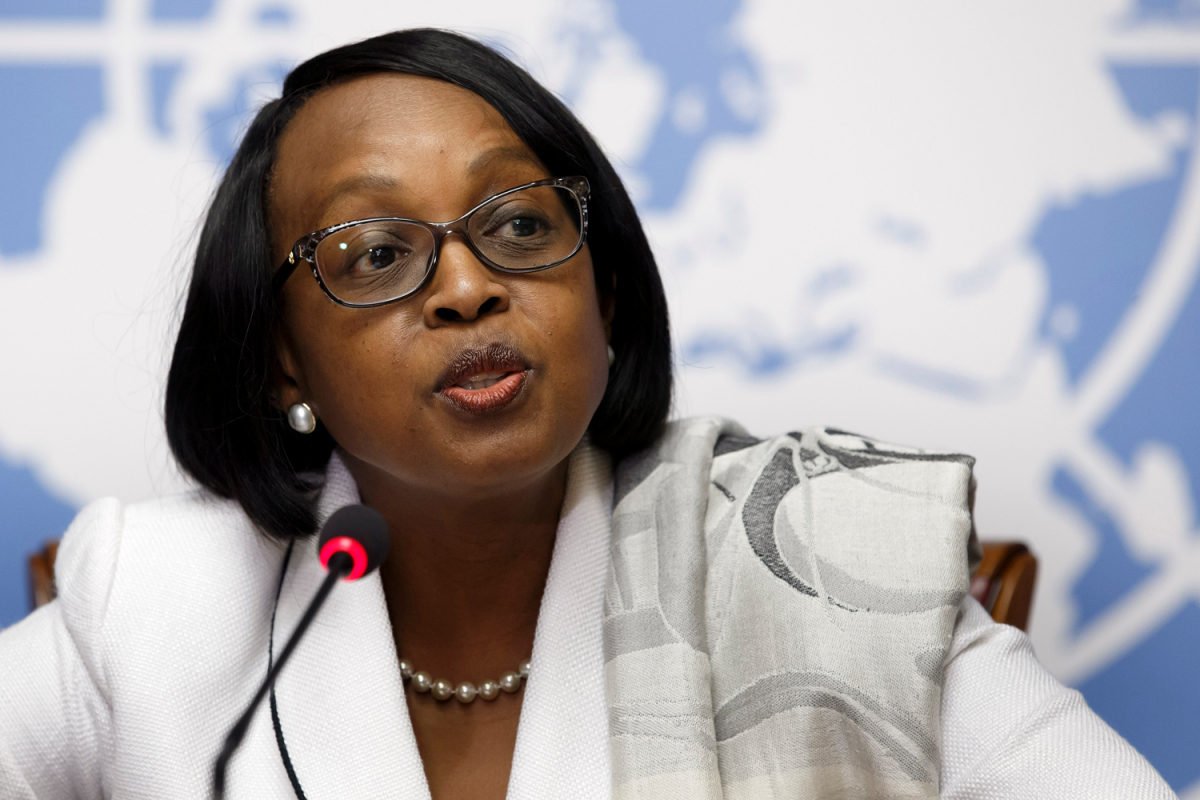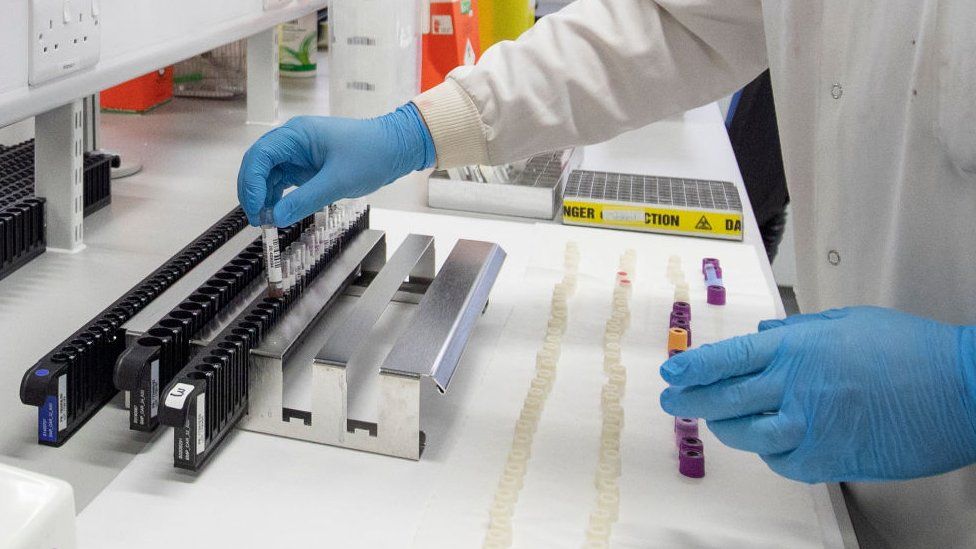
Africa Got Only 11m Of World’s 548m COVID-19 Vaccines- WHO
Africa has only got 11 million of the 548 million COVID-19 vaccines distributed globally, according to the World Health Organisation (WHO).
Deploring the discrimination against the continent in the distribution of the jabs and other personal protective equipment (PPE) Tuesday, in a statement ahead of today’s World Health Day, WHO Regional Director for Africa, Dr. Matshidiso Moeti, canvassed a fairer and healthier world.
She said: “The COVID-19 pandemic has shone a light on inequalities between countries.
“Amid shortages of essential supplies, African countries have been pushed to the back of the queue in accessing COVID-19 test kits, personal protective equipment, and now vaccines.
“Of the 548 million COVID-19 doses administered worldwide, only 11 million or two per cent have been in Africa, whereas the continent accounts for around 17 per cent of the global population.”
Moeti pointed out that there were also “inequities within countries, discrimination based on gender, place of residence, income, educational level, age, ethnicity, and disability intersect to disadvantage vulnerable populations.”
This came as President Muhammadu Buhari, yesterday, approved the transition of the Presidential Taskforce (PTF) on COVID-19 to a Presidential Steering Committee (PSC), effective April 1, with a modified mandate to reflect the non-emergent status of the disease as a potential long-term pandemic.
The structure of the committee, whose tenure lasts till December 31, 2021, would reflect the new response with a targeted approach on vaccine oversight, risk communication, international travel quarantine processes, and sub-national engagement.
PTF Chairman and the Secretary to the Government of the Federation (SGF), Boss Mustapha, who made the announcement in Abuja, added that the panel would retain its composition, functions, and strategies but supported by a slim technical and administrative structure, while the current National Incident Manager, Dr. Mukhtar Mohammed, is formally taking over from the National Coordinator and functioning as Head (Technical Secretariat) and member of the PSC.
The WHO chief continued: “Recent data from 17 African countries show, for example, that a person with secondary school education is three times likely to have access to contraception than someone who has not attended school.
“Those in the highest economic quintile are five times more likely to deliver their babies in health facilities and have their kids vaccinated with BCG compared to those in the lowest quintile.”
To improve the situation, she said countries needed to act on the social and economic determinants of health, by working across sectors to improve living and working conditions, as well as access to education, particularly for the most marginalised groups.
Moeti added that communities must be engaged as partners, through their networks and associations, to shape and drive health and development interventions.
The regional director stated that a key challenge in overcoming injustice was limited data.
To reverse the trend, she noted that national health information systems should capture age, sex and equity stratified data, pointing out that the information could then be used for better decision and policymaking.
The Motswana went on: “At WHO, we are working with countries to strengthen capacities to collect, manage and use data, as well as to enhance monitoring and action to address avoidable inequities. In the past year, we have disseminated technical guidance on gender, equity, and COVID-19 and trained 30 country teams in gender and health equity integrated programming.
“The teams are using skills gained to support equitable health response, including to deal with gender-based violence in the context of COVID-19.”
She said the investment is also needed to accelerate progress towards Universal Health Coverage (UHC) with a view to protecting individuals from financial hardship while accessing needed care.
According to her, most African countries have initiated reforms, believing that they would contribute to the existence of more resilient health systems and societies.



